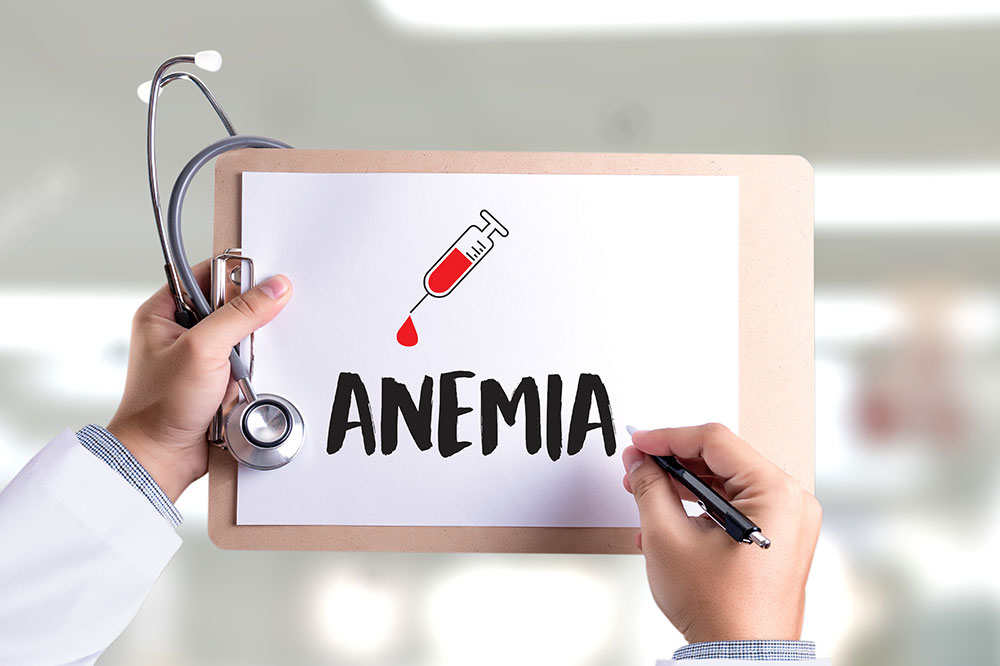Understanding and Managing Advanced Colorectal Cancer
This article offers an in-depth overview of advanced colorectal cancer, highlighting symptoms, risk factors, and diverse treatment options. It emphasizes early detection, genetic influences, and the importance of lifestyle choices for prevention. Treatment strategies like surgery, chemotherapy, radiotherapy, and targeted therapies are discussed, along with the significance of prompt medical consultation. Aimed at raising awareness, the piece underscores the vital role of lifestyle modifications and early diagnosis in improving patient outcomes. It serves as an informative guide for understanding and managing metastatic colorectal cancer effectively.

Recognizing Symptoms and Exploring Treatment Options for Advanced Colorectal Cancer
Understanding symptoms and treatment strategies for advanced colorectal cancer
Colorectal cancer that has spread
Similar to other cancers, advanced colorectal cancer occurs when abnormal cells accumulate in a specific organ and acquire malignant properties over time.
The severity and spread determine treatment options, which may include surgery and chemotherapy. When cancer invades lymph nodes, surgical removal combined with chemotherapy offers a chance for remission. In cases involving organs like the liver or lungs, targeted therapies and chemotherapy are often preferred due to technological advancements.
Research continues to enhance understanding and improve patient outcomes worldwide. Advanced colorectal cancer affects both men and women, irrespective of age or location, with rising cases in those under 50. Annually, over 50,000 lives are lost to this disease, which ranks as the second leading cause of cancer deaths. Our goal is to educate and promote prevention strategies to reduce these statistics.
Potential Causes
While researchers still aim to identify exact causes, abnormal cell growth results from loss of normal growth regulation, such as touch inhibition. When this property is compromised, cancerous cells form and invade tissues and organs, damaging healthy cells. Tumors can be benign or malignant; malignant types are more dangerous as they can spread across organs, leading to life-threatening situations.
Genetic Factors and Family History
Genetic mutations inherited from family history increase the risk of colon cancer. While not always indicating metastatic disease, genetic changes can alter cell behavior, promoting cancer development.
Signs and Symptoms of Advanced Colorectal Cancer
Symptoms can develop gradually and include fatigue, breathlessness, constipation or diarrhea, swelling, and stomach cramps. Recognition of early signs is crucial for diagnosis and treatment. Indicators specific to tumor location include bowel movement changes, blood in stool, and unexpected weight loss.
Altered Bowel Habits - Diarrhea or constipation may signal colorectal issues.
Discolored or Bloody Stool - Dark or blood-stained stool should be examined promptly.
Persistent Fatigue - Constant tiredness despite rest could hint at underlying cancer.
Rapid Weight Loss - Sudden weight reduction often occurs in advanced stages.
If experiencing these symptoms, consult an oncology specialist promptly.
Role of Diet and Lifestyle in Cancer Risk
Consuming processed or chemically treated foods may alter gut microbiota, potentially increasing cancer risk. Ongoing research aims to understand how diet influences cell mutations and tumor formation in the colon.
Approaches to Treatment
Metastasis involves the spread of cancer cells to other organs, most commonly the liver, but also the lungs. Around 60-70% of cases recur in the liver after initial surgery. Treatment involves multiple strategies such as:
Surgical Interventions - Including minimally invasive techniques guided by MRI and CT scans.
Medication-Based Therapies - Chemotherapy, immunotherapy, and targeted drugs.
Radiation Therapy - To control localized tumors and metastases.
In some cases, primary tumor and metastases are removed simultaneously to reduce recovery time and complications. While a cure may not always be possible, many patients benefit from combined therapies. Prevention through balanced diet and regular exercise remains essential. Early diagnosis and consultation can significantly improve prognosis.










